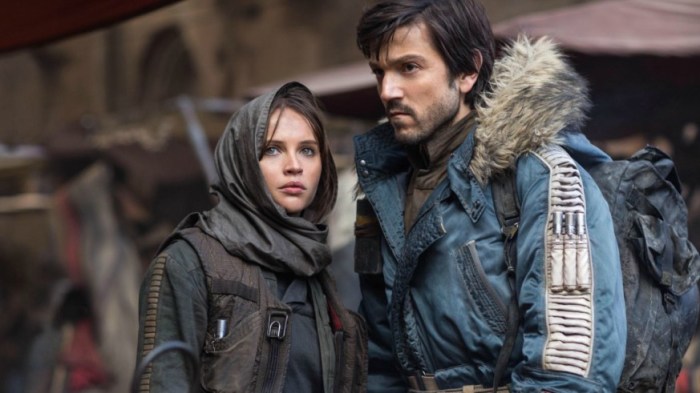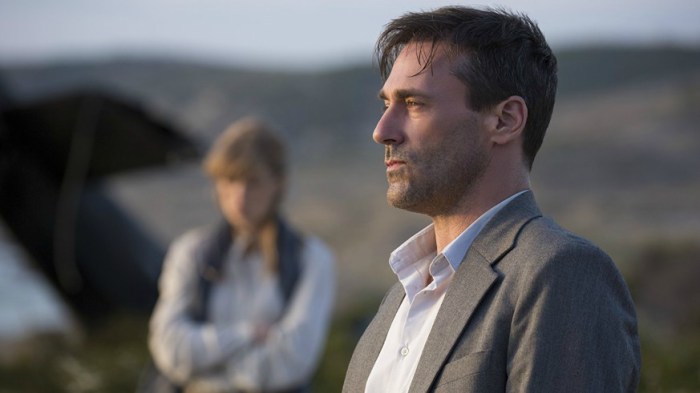As the writer of the first four films of the Bourne franchise, and the director of the fourth, the Oscar nominated writer and director of Michael Clayton, and the co-writer and savior of Rogue One: A Star Wars Story, Tony Gilroy is rightfully regarded as one of the most impressive screenwriters of the last 30 years.
I recently had the chance to speak to Gilroy about his latest film “Beirut,” which took 25 years to make, during which time he also gave a masterclass on writing and provided his thoughts on the current state of American cinema.
Do you feel it is harder to get an original film made now?
I think if you start complaining about the delivery system you might as well just give up. I don’t want to be that cranky. That’s like complaining about the weather. I deal with the environment that is in front of me. I want to tell stories. I really love telling stories. I really want to hold people’s attention. I want my films to be about something. I want to learn something when I do them. I don’t want to do anything that’s the same as it was before. Those are my navigating principles. Don’t bore anybody and keep myself interested. I have managed to stay in the audience myself. I think the moment that anyone in the movie business steps away from the audience they are in trouble. I am still in the audience.
Do you think the parameters for what the audience wants now is different to what it was 25-years-ago?
Not at all. I don’t think those things ever change. I think the audience wants the same damn thing that it wanted with silent films. Not in a bad way. In a great way. They want to be involved. They want to lose themselves. They want to forget they are in a movie theatre. They want to be the people on the screen. They want to be excited. They want to be surprised. They want to laugh. Those things have never changed. They’ve never changed. People who told campfire stories were the same, it is the same damn thing.
What’s next for you then?
I did a lot of writing over the last year. I am really interested in getting out of my room and directing something this year. There are a couple of things I am trying to get made.
Would you work in television?
Absolutely. I have tried. We have written a bunch of different things. That’s the natural progression for me, and the right territory for me. It’s just a matter for finding the right thing and the right amount of effort and the right scale. I am at the point where I know how hard things are to do well. So I am a little bit picky about what I do. So I avoid the mistakes I made before.
Do you think of yourself as an outsider in Hollywood?
No. I think I am very much a part of it. But I have my, I do one thing at a time. I do everything very bespoke. I am obsessive on that one thing. I don’t have a company. I never started a company. I don’t have 9,000 projects that I am dangling and running from one thing to the other. I don’t have a staff. I never did any of those kind of things. I’ve gravitated to doing my own material. The bespoke attitude, I don’t know exactly what my reputation is. I have fantasies, both good and bad. I like to think that I fully commit to what I am doing.
I’ve heard several of the screenwriting lectures you have given, and you are a firm believer in mixing the pragmatic with the creative as a writer.
That’s true. You want to be as imaginative and insane and free and wild and ambitious as you can. You want to have George Martin on one side of your head and John Lennon on the other. You have to do both. You want to have a problem solving manager. But if that is all you have your work is dead. You really want to fly and swing away. It is a weird mix of skills.
“Beirut” is now in cinemas.

















